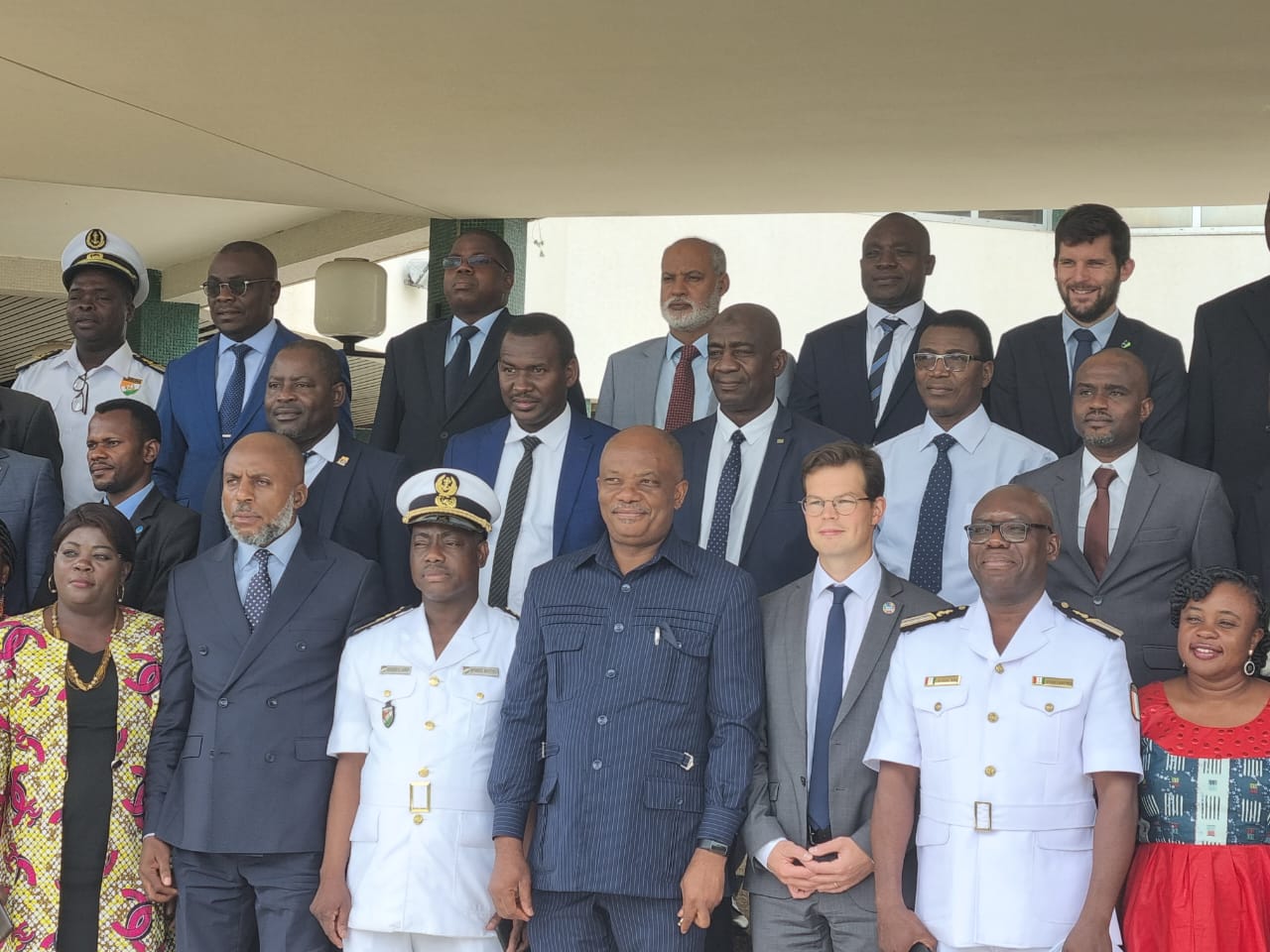The Secretary-General, Abuja MoU, Captain Sunday Umoren has decried the detrimental effects of substandard ships on human life and the marine environment.
He disclosed this during the ongoing International Maritime Organisation (IMO), workshop on the International Convention for the Prevention of Pollution from Ships 1997 (MARPOL) and International Convention for the Control and Management of Ships’ Ballast Water and Sediments, 2004 (BWM) in Abidjan, Cote D’Ivoire.
The Memorandum of Understanding on Port State Control for West and Central African Region (Abuja MoU) is one of the 9+1 MoUs established in October 1999 with a clear mandate and objective aimed at the elimination of substandard ships in the region.
In his opening address, Umoren defined a substandard ship as a vessel that is defective in design and construction, neglected of its maintenance and repair, with a prolonged working life past the age for scrapping, manned by poorly trained and uncertified personnel, undermanned, that is, not manned with full compliments of the crew as per safe Manning Certificate, and maintains unacceptable, and, or, questionable safety standards.
The Secretary-General who identified the negative effects of substandard ships, charged policymakers in African countries to be proactive in enforcing regulations that keep off defective ships from their ports.
“A substandard ship is a threat to human life, a risk to the marine environment, and a risk to cargo; all of these have severe economic impacts (negative impact on revenue, negative impact on ROI / bottom line). Being one of the leading causes of marine incidents and accidents, one imagines how many souls have been lost, maimed, and left as a burden to their dependents. Other knock-on effects include disruption of supplies and financial and asset-related risks – limited to the ship owner with varying extents of liability for the accidents plus insurance- undermining the IMO’s initiative of “Safer Seas and Cleaner Oceans”.
“Let us use the principle of consequence management to evaluate the consequences of a substandard vessel with the view of provoking your spirit as policymakers and enforcers of the law to spur you into immediate action because we have waited far too long and the damage to our environment is worsening. While focusing on the main objective of this workshop which is IMO’s support for you in your effort to ratify, domesticate and enforce these instruments, may I be bold to also remind you that the Abuja MoU has 16 Relevant Instruments and I implore you to ratify and domesticate these too, to enable you to have an effective Port State Control Regime, noting that your inspections can only cover conventions that you have ratified and domesticated.
“I am pleased to report that the two conventions (International Convention for the Control and Management of Ships’ Ballast Water and Sediments, 2004 (BWM 2004) and the International Convention for the Prevention of Pollution from Ships, 1973, as modified by the Protocol of 1978 relating thereto, and as further amended by the Protocol of 1997 (MARPOL) are among Abuja MoU Relevant Instruments though not yet domesticated by many Member States. It is to be mentioned that the enforcement of these conventions needs to be greatly improved on, noting that they deal with areas that affect our health – the air we breathe, the water we drink, and the aquatic lifeforms that make up important delicacies in our dishes.
Ladies and Gentlemen, I implore you to please take this meeting seriously and be open to learning from each other.
“In your individual presentation on the current status and arrangements and challenges in your country, please be open to sharing your experience as this may be the word that your fellow attendees need to hear, to take home. I am convinced that something will be invoked in you at the end of this workshop and that you will clench your fist and probably say within you ‘Let’s go and get things done!” Umoren said.
